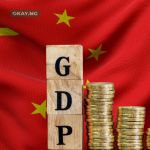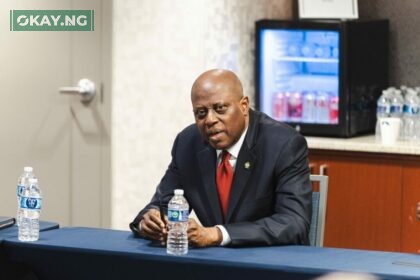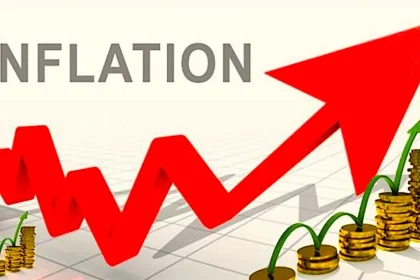Valentine’s Day is upon us, and while the air may be thick with love, the reality is that Nigerians are approaching this romantic occasion with a blend of sentimentality and practicality. According to a new report by SBM Intelligence, “Love in the Air: How Nigerian Consumers Are Driving Valentine’s Day Growth in 2025,” nearly 80% of consumers plan to indulge, but their spending habits are evolving, reflecting a shift towards meaningful experiences alongside traditional gifts.
“Almost 80% of consumers plan to spend their money on food and perfumes,” the report reveals. This practical approach to prioritising everyday pleasures and personal care underscores the nuanced reality of celebrating love amidst economic pressures. While jewellery and roses still hold a certain allure, the report highlights a growing preference for experiences that create lasting memories.
The surge in Valentine’s Day enthusiasm is undeniable. A remarkable 85.6% of respondents across Abuja, Lagos, and Port Harcourt plan to celebrate this year, a significant jump from 62.8% in 2024. This increased participation is translating into higher spending, with 33% of consumers setting aside between N51,000 and N100,000 for festivities. The luxury segment is also experiencing a boom, with the number of individuals budgeting over N500,000 nearly tripling compared to the previous year.
Despite the economic headwinds, discretionary spending on Valentine’s Day remains robust. Only 14.4% of respondents are opting out of celebrations this year, a sharp decline from 37.2% in 2024. This resilience suggests that even in challenging times, consumers find ways to express love and appreciation.
Read Also: BREAKING: Reps Approve ₦54.99 Trillion 2025 Budget
The retail landscape is also evolving. While department stores and shopping malls remain popular, online shopping is gaining significant traction. “31.8 per cent of respondents plan to shop in department stores, while 30.3 per cent prefer supermarkets,” the report states. E-commerce platforms are capturing a growing market share, with 18.4% of consumers opting for the convenience and competitive pricing offered online. This digital shift underscores the importance of a strong online presence for retailers looking to capitalise on Valentine’s Day spending.
However, material gifts are not the sole focus. Experiences are increasingly becoming the cornerstone of Valentine’s Day celebrations. Restaurants are emerging as the top choice, with 27% of respondents planning to dine out. Cinemas, hotels, and local vacation spots are also gaining popularity. While international travel remains a luxury for many, the report emphasises the growing appeal of domestic travel and unique local experiences. This shift towards experiential spending presents a significant opportunity for the hospitality and entertainment sectors.
The motivations behind these spending decisions are multifaceted. “Personal sentiments remain the primary driver of Valentine’s Day spending, with 36.6 per cent of respondents stating that emotions influence their purchasing decisions,” the report explains. Social media trends also play a significant role, in shaping the desires and expectations of many consumers.
While societal pressure to overspend is relatively low, with 79.3% of respondents feeling unburdened by such expectations, discounts and promotions remain highly effective. “58.5 per cent of respondents said they are more likely to spend when presented with deals and special offers,” highlighting the importance of strategic pricing and promotional campaigns.
Last-minute shopping remains a significant trend, with 35% of respondents planning just a few days before the event. This presents a unique challenge and opportunity for retailers to leverage flash sales, quick-delivery services, and attractive last-minute deals to capture the attention of spontaneous shoppers.
Looking beyond immediate spending, the report reveals a strong desire for more luxurious experiences. If financial constraints were not a factor, 31% of respondents would prioritise international travel with their partners. These aspirational desires point towards an untapped market for premium travel packages, high-end dining, and exclusive experiences that cater to the desires of discerning consumers.
The increase in Valentine’s Day spending is poised to provide a significant boost to the Nigerian economy. Retailers, hoteliers, and entertainment businesses can capitalise on this seasonal surge by offering strategic promotions, enhancing their customer experiences, and leveraging the power of digital platforms to reach a wider audience.












